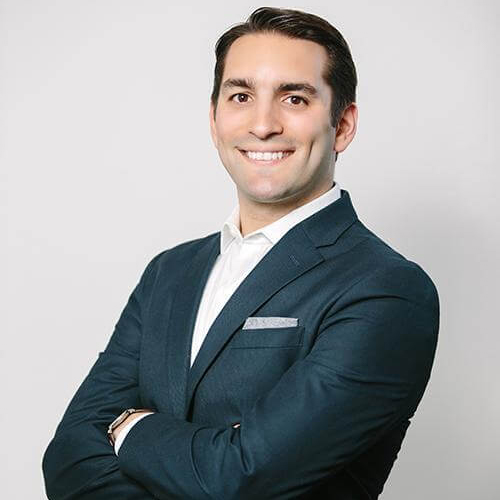By Alex Weiss CFP® | President & Wealth Advisor
Alternative investments can create friction in the conversation about estate planning.
When someone is looking to fund their estate plan, we need to consider how tax liabilities will be funded. Now take alternative investments like privately held businesses, and you encounter a number of variables that make the planning more complex.
The first major area is that you have to be cautious of valuation. You have to make sure the person filing your gift tax return, whether it’s the CPA and or the estate planning attorney, has confident information on how you got the value of that investment.
From there, you need to understand the tax ramifications of that number. Depending on the type of irrevocable trust that is set up, how is the taxation of that investment going to act?
- Is it going to be income oriented?
- Is it capital gain oriented?
- Is it a combination of both?
- Is it real estate that will get some depreciation?
You need a complete picture of how the investment will be taxed. If you look at the total rate of return but don’t consider the tax ramifications of future growth, you get an inaccurate set of assumptions to plan around.
Then on top of it, when the tax obligation comes, do you have the liquidity to pay for it within that irrevocable trust? Or do you have to designate money outside of that? You have to plan for that in advance with the proper drafting of the trust and proper liquidity.

